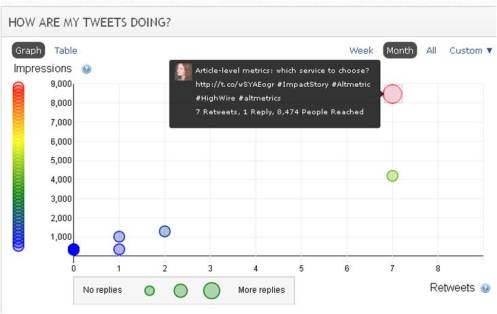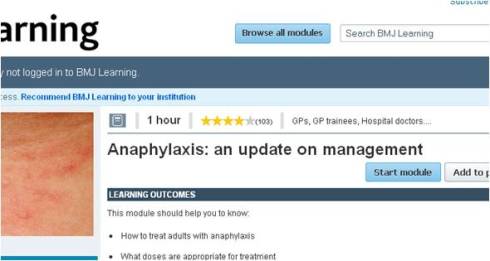Lightbeam for Firefox: find out who’s tracking you online
29 Oct, 13 | by BMJ
As the internet continues to evolve, issues surrounding privacy remain a common cause for concern. There is growing anxiety among internet users of how their online activities are tracked for commercial purposes. The business model behind this is generally to aggregate a large number of users in order to sell that audience’s aggregate attention, usually in the form of advertising. After all, “If you’re not paying for it, you’re not the customer; you’re the product being sold.”







